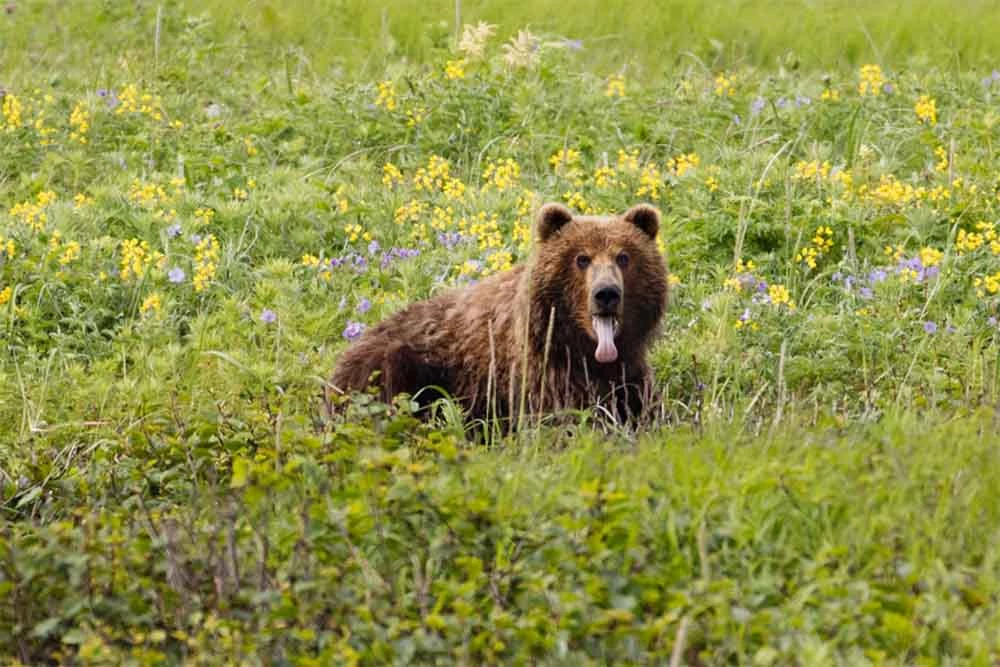Partner: Western Washington University
Contact: Dr. Eric DeChaine
Duration: 3 Years (2018-2020)
The Beringia Region is an ancestral homeland and an important connection linking the Asian and North American continents. Through time and changes in climate and sea level, the land bridge that once occurred became a series of peninsulas and islands, isolating or limiting movement or range shifts in many of the distinct flora and fauna of the region. This project will document the distribution and diversity of plants and their population genetic variation across the Aleutian Archipelago. Additional goals are to test the biogeographic hypotheses concerning the formation of the flora, and to predict future distributions of plants, including those that are rare, endemic, and of ethnobotanical importance to the indigenous peoples.
Russian Component: This project focuses on the floristic connection between Asia and North America via the Aleutian Islands. Much of the fieldwork will occur in Russia, including Kamchatka and the Commander Islands. Dr. DeChaine has developed a strong collaboration with Russian colleagues, and four Russian plant scientists will be part of this effort (Drs. Olga Mochalova, Marina Olanova, Elena Andriyanova, and Valentin Yakubov). Students from both Russia and the U.S. will participate in the project, including in a field course on Adak in 2020. All data and research results will be published in English and Russian.
Contact: Dr. Eric DeChaine
Duration: 3 Years (2018-2020)
The Beringia Region is an ancestral homeland and an important connection linking the Asian and North American continents. Through time and changes in climate and sea level, the land bridge that once occurred became a series of peninsulas and islands, isolating or limiting movement or range shifts in many of the distinct flora and fauna of the region. This project will document the distribution and diversity of plants and their population genetic variation across the Aleutian Archipelago. Additional goals are to test the biogeographic hypotheses concerning the formation of the flora, and to predict future distributions of plants, including those that are rare, endemic, and of ethnobotanical importance to the indigenous peoples.
Russian Component: This project focuses on the floristic connection between Asia and North America via the Aleutian Islands. Much of the fieldwork will occur in Russia, including Kamchatka and the Commander Islands. Dr. DeChaine has developed a strong collaboration with Russian colleagues, and four Russian plant scientists will be part of this effort (Drs. Olga Mochalova, Marina Olanova, Elena Andriyanova, and Valentin Yakubov). Students from both Russia and the U.S. will participate in the project, including in a field course on Adak in 2020. All data and research results will be published in English and Russian.

Photo/Eric DeChaine
Last updated: October 7, 2020
